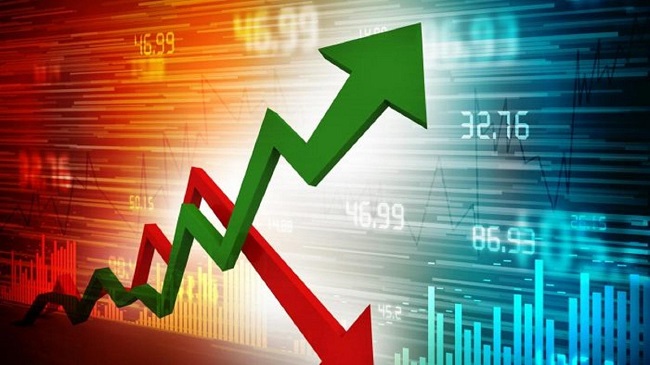Nigerian equities wrapped up the month of August on a sour note as the All Share Index (ASI) of the Nigerian Exchange (NGX) recorded a 1.22% decline. This marks the second consecutive monthly loss for the market, following a 2.28% drop in July, indicating growing investor caution amid a challenging economic landscape.
The persistent downturn in August has been largely attributed to macroeconomic headwinds, including concerns over bank recapitalization efforts and other financial sector challenges. This is the first time since April 2023 that Nigerian stocks have posted losses for two consecutive months, underscoring the bearish sentiment that has taken hold of the market.
Market Performance Overview
The NGX Premium Index, which includes some of the largest companies on the exchange, suffered the most in August, plunging by 5.16%. The decline was driven by significant losses in heavyweight stocks such as Dangote Cement, BUA Cement, and MTN Nigeria, which collectively account for over 27% of the NGX’s total market capitalization.
Dangote Cement led the pack of losers with a steep 19% drop in its share price, followed by BUA Cement with a 20.5% decline, and MTN Nigeria, which saw its shares fall by 10%. These losses contributed to the overall market’s year-to-date return falling to 29.1%, a sharp decline from its peak of 39.8% in March 2024.
Gainers and Losers
Despite the overall market downturn, some stocks managed to buck the trend. Oando Plc was the standout performer in August, soaring by an impressive 435.9%, with a 60.7% gain in the final week of the month alone. This surge was fueled by positive news surrounding the company’s acquisition of a significant stake in Agip’s upstream assets.
Julius Berger and TotalEnergies also made strong gains, with their shares rising by 74% and 73%, respectively. On the other hand, apart from the major losers like Dangote Cement, BUA Cement, and MTN, companies such as United Capital, Nestle Nigeria, and Fidson Healthcare also recorded notable losses.
Economic Indicators and Market Outlook
The stock market’s poor performance in August contrasts with some positive macroeconomic indicators. The National Bureau of Statistics reported a decrease in inflation, suggesting a possible easing of the cost pressures that have burdened businesses and consumers in recent months. Additionally, Nigeria’s GDP grew by 3.19% in the second quarter of 2024, marking the fastest growth for the quarter since 2021, driven by gains in agriculture, manufacturing, and services.
Despite these encouraging signs, the disconnect between the stock market and the broader economy may reflect investor caution. Many investors appear to be engaging in profit-taking activities, especially in light of recent dividend payments, while others are repositioning their portfolios ahead of the third-quarter earnings season in October.
Moreover, the ongoing bank recapitalization efforts, which have seen nearly a trillion naira raised in recent months, are drawing significant attention from retail investors, potentially diverting capital from other sectors.
As the market continues to navigate these complexities, the upcoming earnings season and further economic developments will be critical in determining the direction of Nigerian equities in the months ahead.









